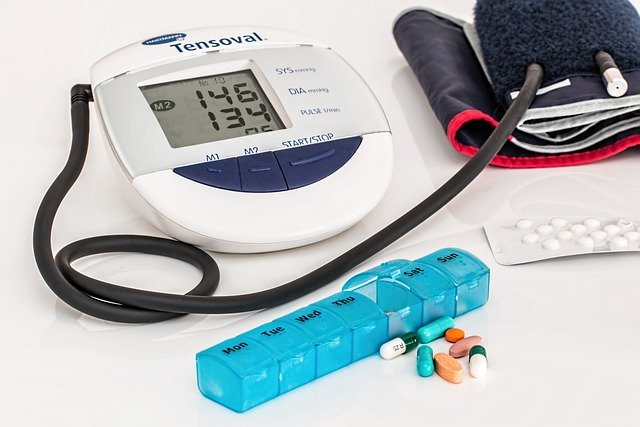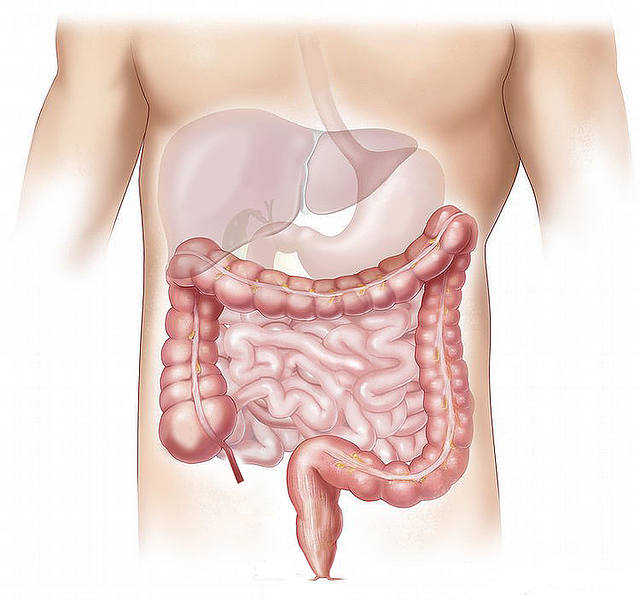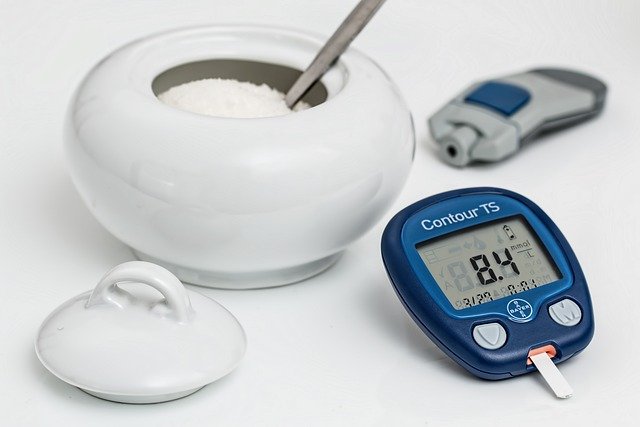Spironolactone is a medication primarily used as a diuretic and antihypertensive. It belongs to a class of drugs known as potassium-sparing diuretics and is used to treat a variety of conditions, including:
- Hypertension (High Blood Pressure): Spironolactone helps lower blood pressure by preventing the body from absorbing too much salt and keeping potassium levels from getting too low.
- Heart Failure: It is used to reduce the risk of heart failure by removing excess fluid from the body.
- Edema: This medication is used to treat fluid retention (edema) in people with conditions such as congestive heart failure, liver cirrhosis, or nephrotic syndrome.
- Hyperaldosteronism: Spironolactone is effective in treating primary hyperaldosteronism, a condition where the adrenal glands produce too much aldosterone, leading to hypertension and low potassium levels.
- Acne and Hirsutism: It is sometimes used off-label for treating acne and excessive hair growth (hirsutism) in women due to its anti-androgen effects.
Spironolactone works by blocking the actions of aldosterone, a hormone that regulates salt and water balance in the body, leading to increased excretion of sodium and water while retaining potassium.
Uses of Spironolactone
- Hypertension (High Blood Pressure): Helps to lower blood pressure and reduce the risk of heart attacks and strokes.
- Heart Failure: Aids in managing symptoms and improving survival in patients with heart failure.
- Edema: Treats fluid retention associated with conditions such as heart failure, liver disease, and kidney disorders.
- Hyperaldosteronism: Manages conditions caused by excessive aldosterone production.
- Acne and Hirsutism: Used off-label to treat hormonal acne and excessive hair growth in women.
Side Effects
Common side effects include:
- Hyperkalemia (high potassium levels)
- Hyponatremia (low sodium levels)
- Gynecomastia (enlargement of breast tissue in men)
- Menstrual irregularities
- Gastrointestinal disturbances (nausea, vomiting, diarrhea)
- Dizziness
- Headache
Serious side effects may include:
- Severe hyperkalemia
- Severe hyponatremia
- Kidney dysfunction
- Allergic reactions
Precautions
- Kidney Function: Regular monitoring of kidney function and electrolytes is essential due to the risk of hyperkalemia.
- Pregnancy and Breastfeeding: Should be used during pregnancy only if clearly needed. It’s not recommended for breastfeeding women without consulting a doctor.
- Medical Conditions: Patients with Addison’s disease, severe kidney disease, or hyperkalemia should not use spironolactone.
- Electrolyte Imbalance: Regular monitoring of blood electrolyte levels is necessary.
- Dizziness and Drowsiness: Can cause dizziness and drowsiness; avoid driving or operating heavy machinery until you know how it affects you.
Interactions
- Medications:
- ACE inhibitors and ARBs: Increase the risk of hyperkalemia.
- NSAIDs: Can reduce the effectiveness of spironolactone and increase the risk of kidney damage.
- Digoxin: Spironolactone can increase digoxin levels, requiring careful monitoring.
- Lithium: Spironolactone can increase lithium toxicity.
- Potassium supplements and potassium-sparing diuretics: Increase the risk of hyperkalemia.
- Foods: Avoid high-potassium foods (e.g., bananas, oranges, tomatoes) to prevent hyperkalemia.
Overdose
Signs of overdose may include:
- Severe hyperkalemia (muscle weakness, fatigue, irregular heartbeat)
- Dehydration
- Low blood pressure
- Confusion
- Dizziness
In case of an overdose, seek immediate medical attention. Treatment typically involves supportive care and measures to reduce potassium levels, such as intravenous calcium, insulin with glucose, or sodium polystyrene sulfonate.
Always follow your healthcare provider’s instructions when using spironolactone and consult them for any concerns or side effects.
15 Foods to Avoid While Taking Spironolactone
Here are 15 foods high in potassium that should be avoided while taking spironolactone:
- Bananas: A popular tropical fruit known for its sweet taste and soft texture. Bananas are rich in potassium and often recommended for boosting energy and muscle function.
- Oranges and Orange Juice: Oranges are citrus fruits known for their bright color and tangy flavor. Orange juice is a common beverage, high in vitamin C and potassium.
- Tomatoes and Tomato Products: Tomatoes are versatile fruits often used in salads, sauces, and soups. Tomato products like sauce and paste are concentrated sources of potassium.
- Potatoes: A staple root vegetable, potatoes can be prepared in various ways (baked, mashed, fried). They are high in potassium, especially in their skins.
- Sweet Potatoes: Similar to regular potatoes but with a sweeter taste and orange flesh. They are also rich in potassium and vitamins.
- Avocados: Creamy and nutrient-dense fruits often used in salads, spreads, and dips. Avocados are high in healthy fats and potassium.
- Spinach: A leafy green vegetable known for its nutritional benefits, including high levels of iron, vitamins, and potassium. Spinach can be eaten raw or cooked.
- Mushrooms: Fungi that come in many varieties, mushrooms are used in a variety of dishes for their earthy flavor and nutritional benefits, including a high potassium content.
- Beans (Kidney Beans, Lima Beans, etc.): Legumes that are rich in protein, fiber, and potassium. They are often used in soups, stews, and salads.
- Nuts and Seeds: Various types, including almonds, cashews, and sunflower seeds, are high in healthy fats and potassium. They are commonly consumed as snacks or used in cooking.
- Cantaloupe: A sweet melon with orange flesh, known for its refreshing taste and high water content. It is also a significant source of potassium.
- Dried Fruits (Raisins, Apricots, etc.): These are fruits that have had most of their water content removed. They are nutrient-dense and high in potassium, often used as snacks or in baking.
- Brussels Sprouts: Small, green, leafy vegetables that resemble mini cabbages. They are rich in vitamins, fiber, and potassium, and are typically roasted or steamed.
- Coconut Water: The clear liquid inside coconuts, popular as a hydrating beverage. It is high in electrolytes, particularly potassium.
- Yogurt: A dairy product made by fermenting milk with bacteria. It is rich in calcium, protein, and potassium, often consumed as a snack or part of meals.
Avoiding these foods can help manage potassium levels effectively while taking spironolactone. Always consult with a healthcare provider for specific dietary recommendations.
FAQs about Spironolactone
Women may take spironolactone for several reasons, including:
Acne: Spironolactone can help reduce hormonal acne by decreasing androgen levels.
Hirsutism: It is used to treat excessive hair growth due to its anti-androgen properties.
Polycystic Ovary Syndrome (PCOS): Spironolactone helps manage symptoms such as acne and hirsutism associated with PCOS.
Edema and Hypertension: Like men, women may take it for fluid retention and high blood pressure.
Spironolactone is generally considered safe when taken as prescribed, but it does carry risks, especially if not monitored properly. The major risks include hyperkalemia (high potassium levels), kidney dysfunction, and potential hormonal side effects. Regular monitoring by a healthcare provider is essential to mitigate these risks.
Spironolactone acts as an anti-androgen, meaning it blocks the effects of androgens (male hormones) in the body. This can reduce symptoms of conditions like acne and hirsutism by lowering the levels of these hormones or blocking their effects on the skin and hair follicles.
While taking spironolactone, you should avoid:
High-potassium foods: Such as bananas, oranges, tomatoes, and avocados.
Potassium supplements: To prevent hyperkalemia.
NSAIDs: Such as ibuprofen and naproxen, as they can increase the risk of kidney damage and hyperkalemia.
Alcohol: It can increase dizziness and dehydration.
A major side effect of spironolactone is hyperkalemia (high potassium levels), which can be serious and lead to symptoms like muscle weakness, irregular heartbeats, and fatigue. Regular monitoring of potassium levels is crucial to avoid this side effect.
While it is important to stay hydrated, you should not excessively increase your water intake without consulting your doctor. Overhydration can dilute electrolytes and may cause issues. Follow your healthcare provider’s advice on fluid intake to maintain a balance that supports your treatment without causing harm.






